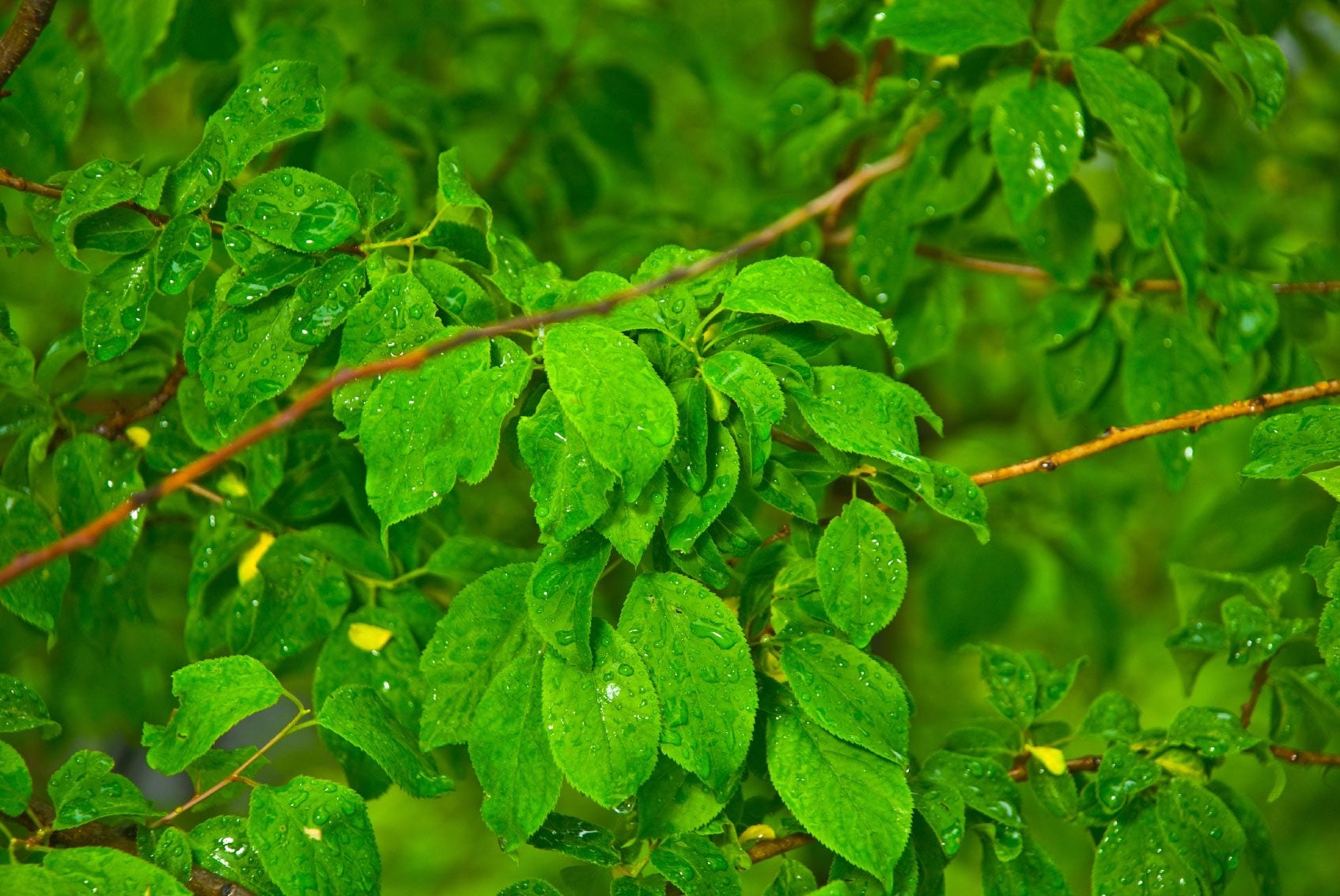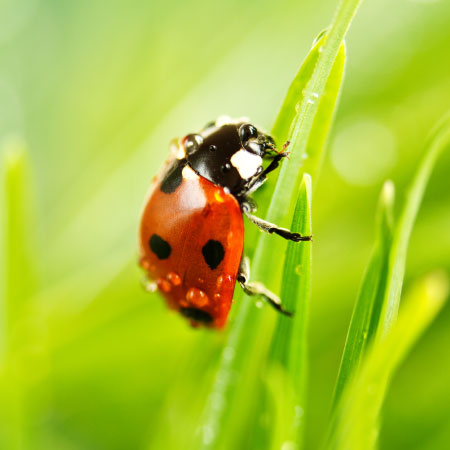Apricot Not Blooming: Why There Are No Flowers On Apricot Trees


Sign up for the Gardening Know How newsletter today and receive a free copy of our e-book "How to Grow Delicious Tomatoes".
You are now subscribed
Your newsletter sign-up was successful
Ah, fruit trees-- gardeners everywhere plant them with such hope, but more often than not, new fruit tree owners are disappointed and underwhelmed when they discover their efforts aren't bearing fruit. Prunus species, including apricots, are no exception. An apricot not blooming is one of the most frustrating experiences in gardening. If you find your apricot with no blossoms, read on for some ideas for improving your chances next season.
Reasons an Apricot Tree Won't Flower
Apricots, like all fruit trees, have some basic requirements that must be met before they start to create blooms, and another set of requirements that keep those growing buds and blooms alive through the end of fruiting. It sounds really complicated, but it's easier than you think to cure no flowers on apricot trees. Start with these basic questions when you're trying to determine how to get blooms on an apricot tree: How old is your tree? Young trees don't always bloom right away, so check the age of your apricot before you start to panic. If it's older than five years, it should be mature enough, but younger than that means you simply need to wait. What's your hardiness zone? Apricots can't take too much cold over a long period of time, so if you're trying to grow them in a cooler climate than zone 5, you may have to find a way to protect blooms from freezing to death in the winter. However, many species also require about 700 chilling hours before they'll set fruit, so anywhere below zone 8 is also going to give you trouble. To further complicate things, an early-blooming apricot may be losing blooms to late frosts. How did you prune your tree last year? Since apricots bloom on two year old wood, you have to be really careful how you prune them and realize that any year with heavy pruning may lead to a couple of years without fruit. Leave plenty of old growth to balance the new when you're pruning apricot trees in the future, but do prune to stimulate fruit production. Is your tree properly fed? A healthy, happy fruit tree will produce a lot of fruit, but it requires a balance between stored food and readily available nutrients to pull this off. Of course, add too many nutrients and you may encourage your tree to put on a lot of vegetative growth at the expense of flowers. On the other hand, too little fertilizer and plenty of stored food can cause weak vegetative growth and poor or no fruit development. A soil test can help you determine which is to blame.
Sign up for the Gardening Know How newsletter today and receive a free copy of our e-book "How to Grow Delicious Tomatoes".

Kristi Waterworth was a regular contributor to Gardening Know How for many years, answering countless queries on plant pests and diseases.